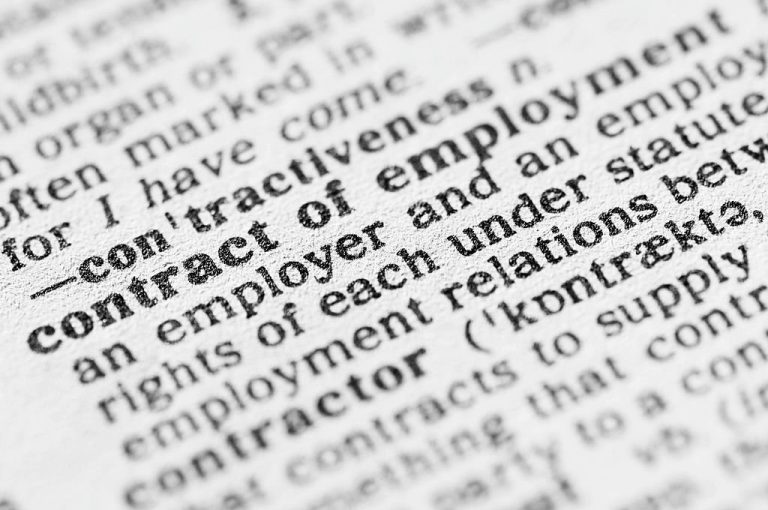What legal protections do workers who are accused of bullying at work and harassment or discrimination have?
Sadly, allegations of bullying at work are all too often. This year, there have been numerous media accounts of prominent people being accused of bullying, including the Duchess of Sussex and Priti Patel.
Employers are required to provide for the health and safety of their workers in a reasonable manner. Common law, health and safety laws, and the employment contract itself create these obligations. Given the negative effects that such activity can have on employees’ mental health and wellness, it extends to both physical and mental health and includes workplace bullying.
Workplace bullying and harassment
\It’s crucial to keep in mind that businesses have obligations to all of their workers, including those who have been accused of bullying. It should go without saying that those who have been bullied should be protected. Employers must be aware of the challenges accused individuals may face when such claims are made, including the potential harm to their wellness, reputation,, and employment or career, particularly in cases where it turns out they were falsely accused. Failure to do so could expose businesses to claims from the alleged employee of unfair dismissal, contract breach, or discrimination, among other things.
Employers can take the following actions to ensure that they do not violate their commitments to the accused employees when dealing with complaints of bullying:
- referring to the appropriate internal policies and processes (such as the grievance and disciplinary procedures, bullying and harassment policies) and ensuring that they are followed.
- Before starting a formal process, the parties involved should determine whether the issue may be handled amicably. For instance, it could be possible to settle the issue without taking official action by having a private discussion with the parties.
- Giving the accused employee a fair chance to react and conducting a fast, reasonable examination into the charges if a formal process is initiated.
- handling the situation delicately, while staying unbiased and having an open mind (not forming any assumptions). reassuring the defendant that no findings have been made as a result of any investigation.
- Considering carefully how the working relationship between the accuser and the complainant will be handled during any ongoing process. Employers should refrain from taking quick actions that could create the impression that the outcome of any investigation is decided, such as immediately suspending the accused employee or changing their working conditions (such as moving them to another department). Employers should instead think about whether any proposed action is reasonable, suitable, or required given the specifics of the situation.
- Examining if it would be acceptable to provide workplace mediation with an impartial third party to assist mend the working relationship and settle any disputes, especially in situations when an inquiry does not produce a finding of bullying but there is obviously a broken working relationship.
- To lessen any bad effects on the parties involved, it is important to maintain secrecy throughout the matter (including the names of the parties engaged and the specifics of the allegations) and to keep the number of people involved to a minimum.
- Examining if the allegations of bullying are genuine or may be untrue or even malicious (such as revenge by a dissatisfied employee or an instance of “upward bullying”). If it is determined that a complaint was submitted in bad faith, the employer must decide whether to take action against the complainant. However, if such action is taken against the complainant, it is vital to consider the possibility of whistleblower or victimization claims.
- Consider any mitigating circumstances if a bullying allegation is upheld, and make sure that any formal action taken against the accused employee is proportionate and appropriate in light of the situation.
ensuring that the accused employee receives the necessary assistance during any process. By offering access to private helplines, counselling, or employee assistance schemes, for instance. - Dealing with workplace bullying can be very challenging for employers who will be keen to demonstrate a ‘zero-tolerance’ approach to such behavior. However, such allegations are also immensely stressful for the accused employee and it is important for employers not to overlook their duties towards those individuals in order to avoid exposure to claims.
Obligation of employer towards allegations
Employers may find it difficult to deal with workplace bullying, even though they may be eager to show that they have a “zero-tolerance” policy for such behavior. However, such accusations can also be extremely stressful for the accused employee, therefore it’s crucial for employers to remember their obligations to those people in order to protect themselves from lawsuits.







